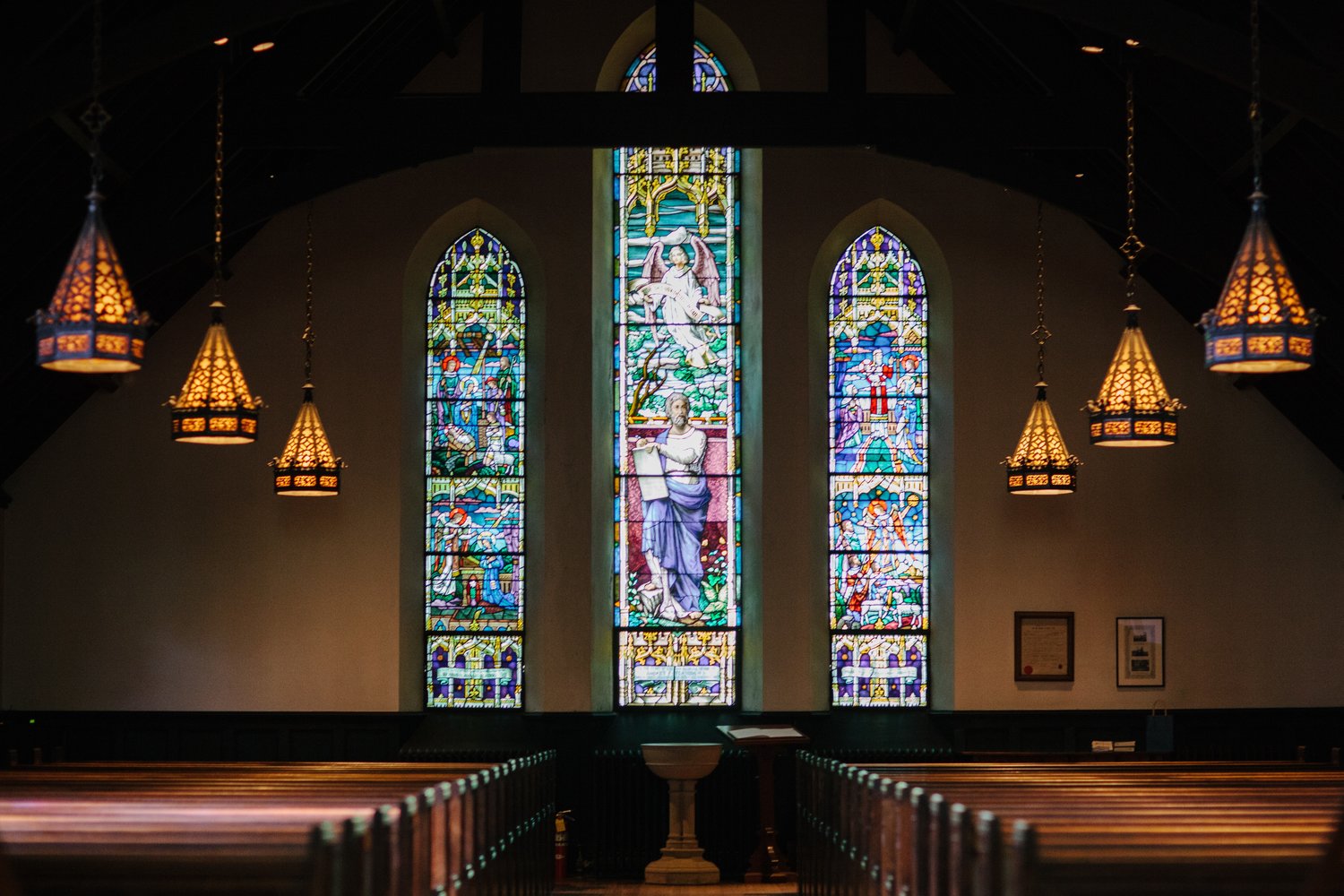
11
25The Sin of Simon the Sorcerer in the 21st Century Church
As the church grew and expanded beyond Jerusalem, the gospel reached Samaria, where a man named Simon had long amazed the people with his sorcery. But when he saw the power of God at work through Philip, Scripture says:
“And he followed
Philip everywhere, astonished by the great signs and miracles he saw.” (Acts 8:13)
Yes, you read that
correctly—he was following the “man of God” because of the miracles and signs.
Not for the sake of communion with the saints, not for the joy of knowing
Christ, not even out of a hunger for the preached Word. He was consumed by awe
and the desire to attain such power.
And it wasn’t just a
passing thought. He went further and made a bold request:
“When Simon saw
that the Spirit was given at the laying on of the apostles’ hands, he offered
them money and said, ‘Give me also this ability so that everyone on whom I lay
my hands may receive the Holy Spirit.’” (Acts 8:18-19)
For some reason, Simon
thought that the transactional principles of hell applied to the kingdom of
God. He assumed that divine power operated like sorcery, where everything has a
price.
Now, let me be clear:
it is not a sin to desire the power of God, to lay hands on people and see
wonders happen. Scripture tells us to desire spiritual gifts (1 Cor. 12:31).
But look at how Peter rebukes him:
“May your money
perish with you, because you thought you could buy the gift of God with money!” (Acts 8:20)
The audacity! How dare
he believe that God’s gifts have a cash value? If I could speak to Peter, I
would tell him not to be surprised. In the world of witches, sorcerers, and
false teachers, everything is transactional.
There is a price to
break a curse.
A price to consult the wizard.
A price to explain your family’s history and receive “guidance.”
A price for more power over your enemies.
Everything in the realm of darkness is for sale.
And sadly, the same
applies to many so-called “men of God” today.
There is a price to
meet the “prophet.”
A price for deliverance prayers.
A price for financial breakthrough prayers.
A price for “anointing.”
A price for favor.
Why do you think you
can buy the gifts of God? Is it because you do not understand that our good
Father gives His gifts freely to His children? Or is it syncretism—telling you
that God’s blessings must be obtained the same way the devil gives his “stuff”?
To Simon the Sorcerer,
Peter declared:
“You have no part
or share in this ministry, because your heart is not right before God.” (Acts 8:21)
Does this apply to
21st-century pastors as well? Do those who put a price tag on God’s work
deserve a rebuke? Is the commodification of spiritual gifts not the same sin as
Simon’s?
Think of the desperate
mothers selling their goats to “break the altars” their ancestors allegedly
erected.
Think of the young women paying 200,000 francs for a prophecy about their
future husbands.
Think of the business owners being charged for prayers to receive “divine
favor.”
The same sin of Simon
the Sorcerer is alive and well in the 21st-century church. And I agree with
Peter:
“You who put a
price on the work of Christ and the gifts of God deserve no part in gospel
ministry.”
In fact, you must
repent! You have wronged the wrong person. God will not allow His name to be
mocked or dragged through the mud.
Repent before it is too late.






(0) comments